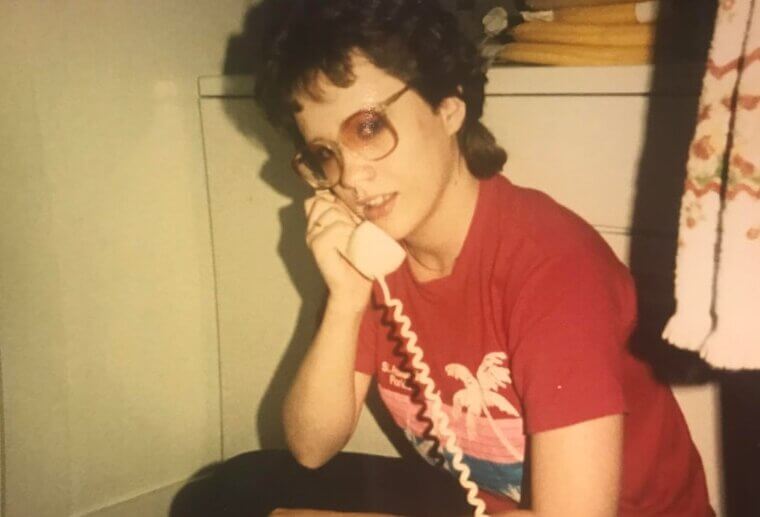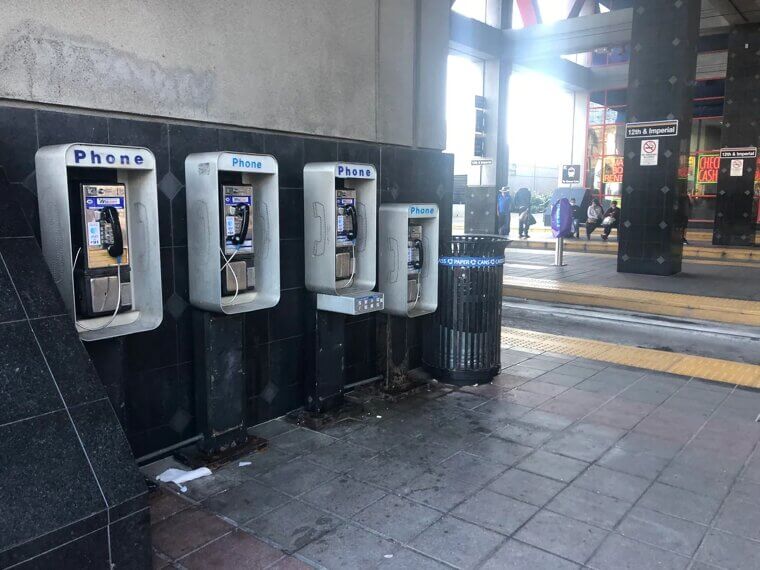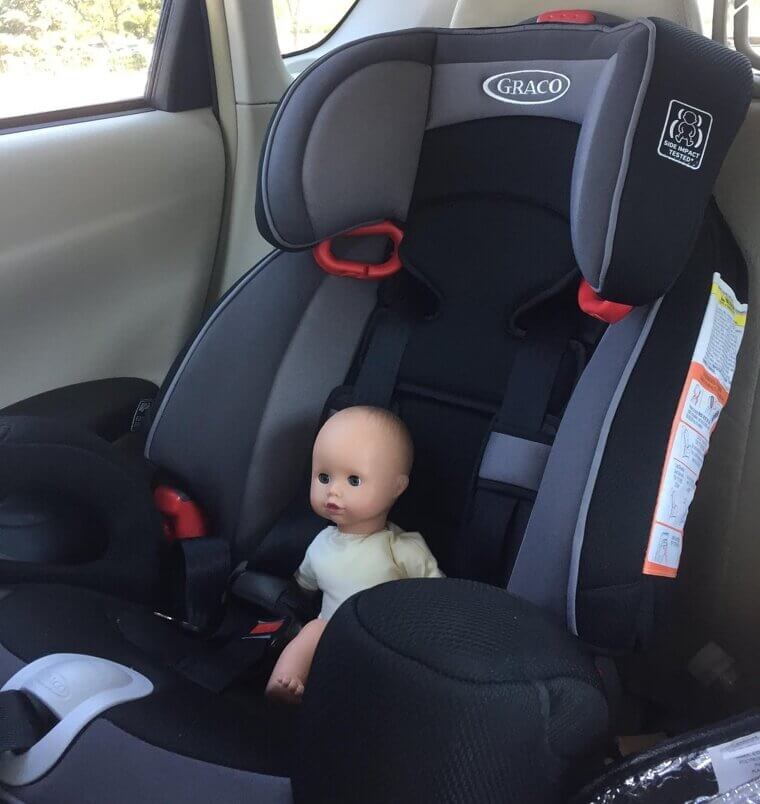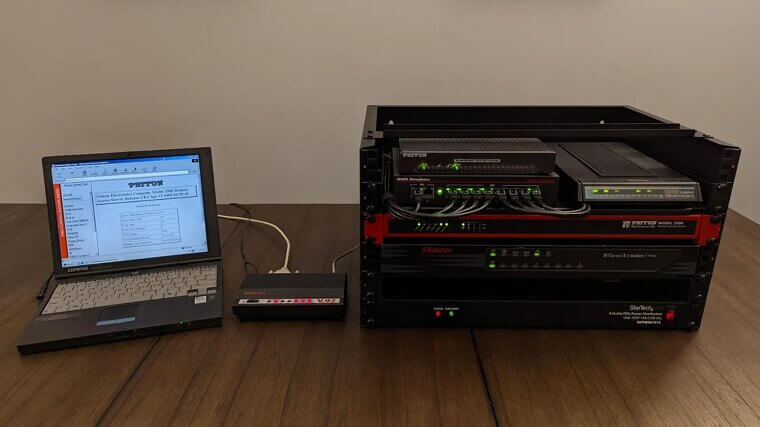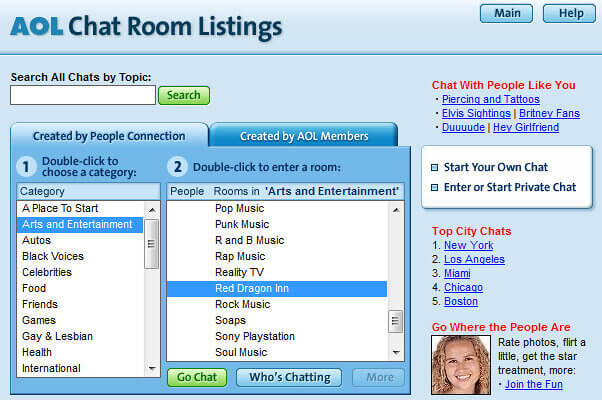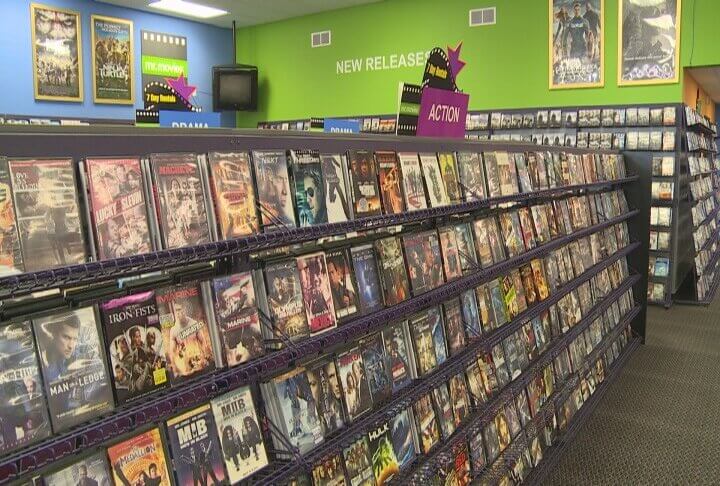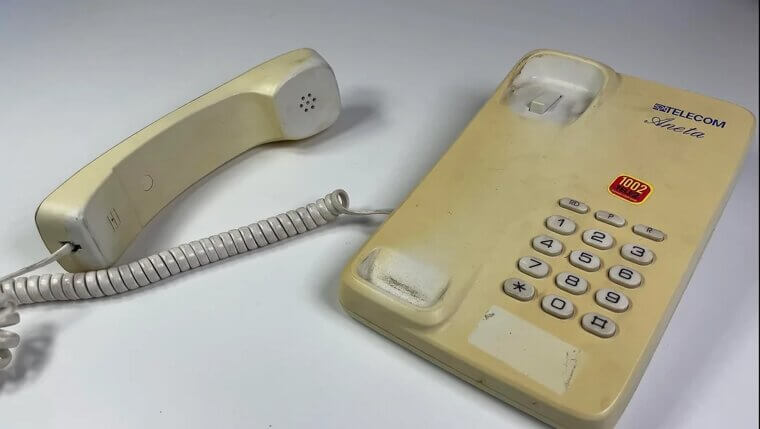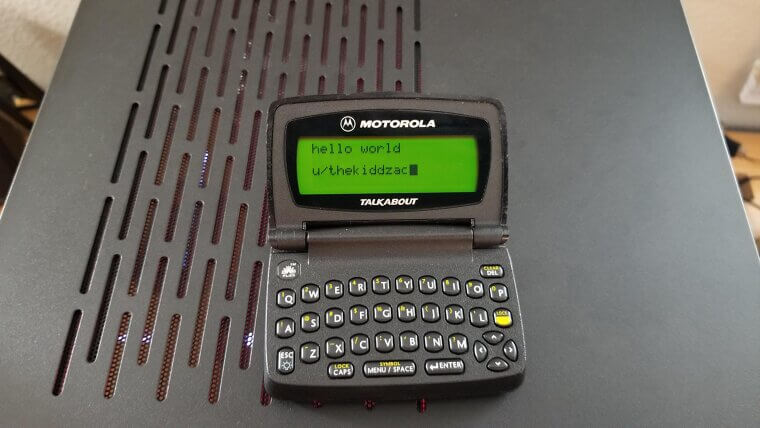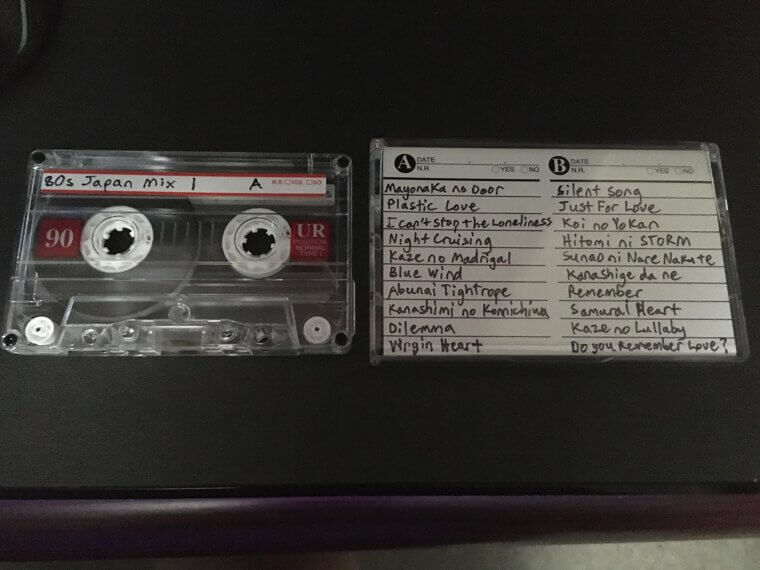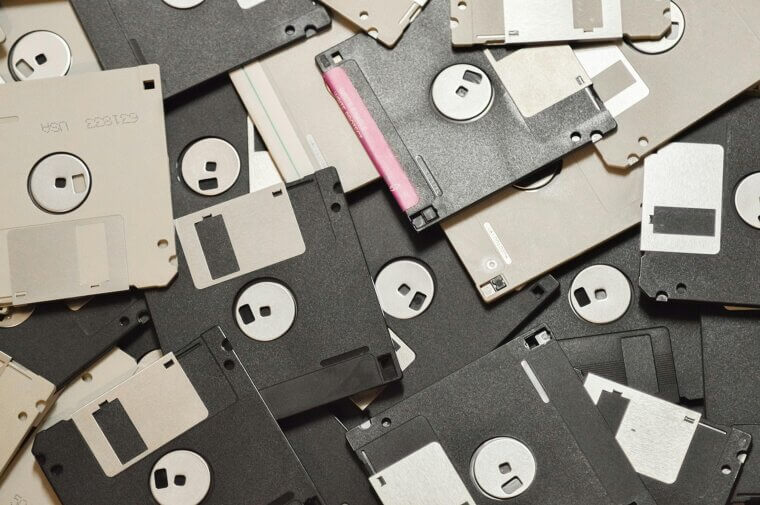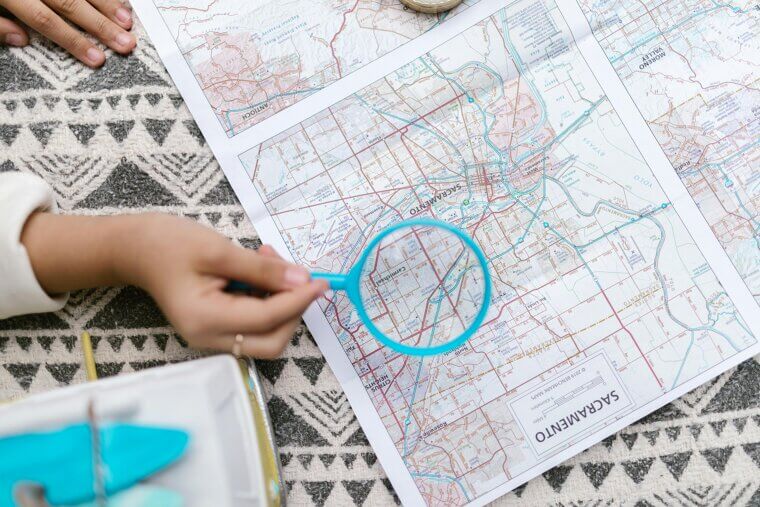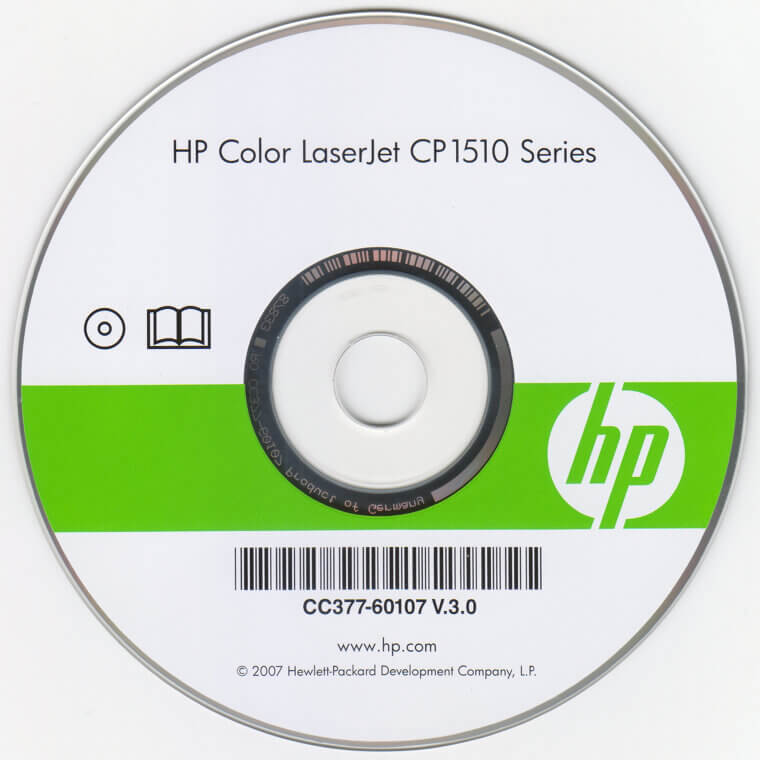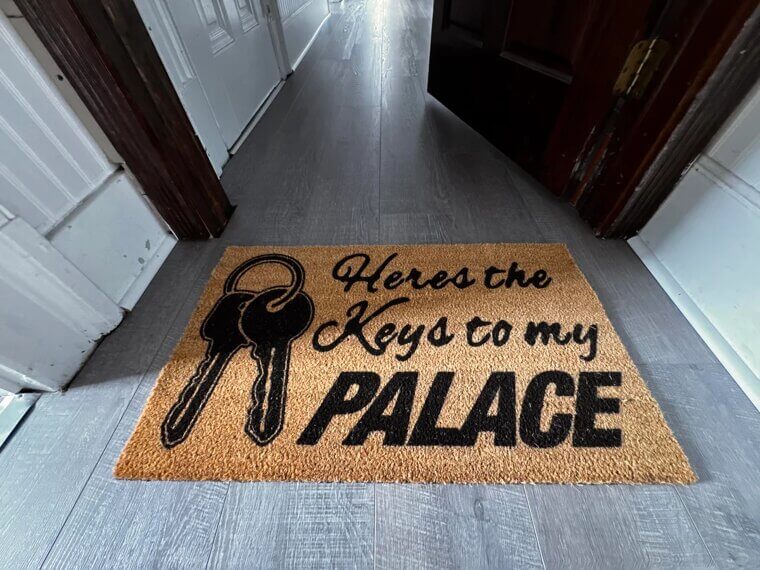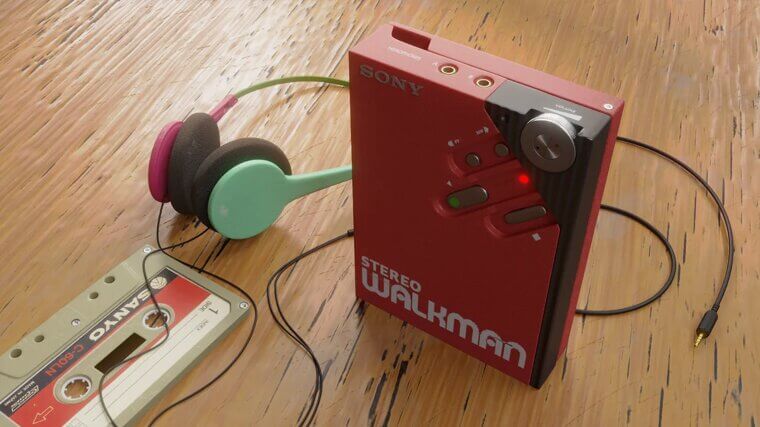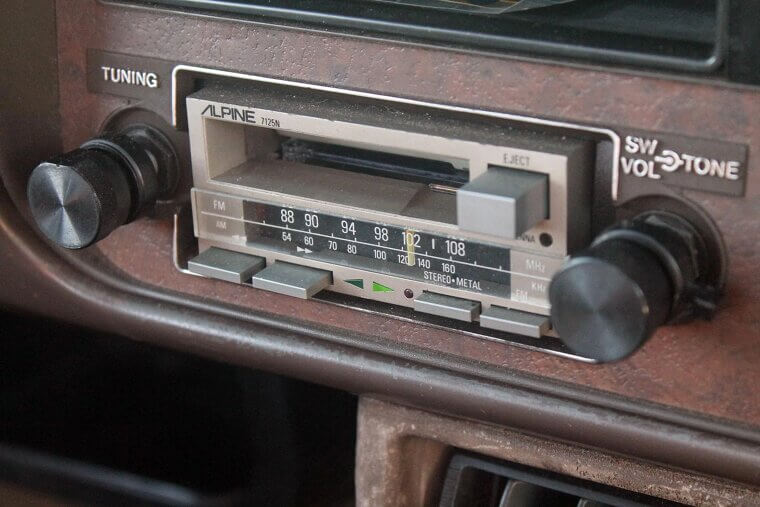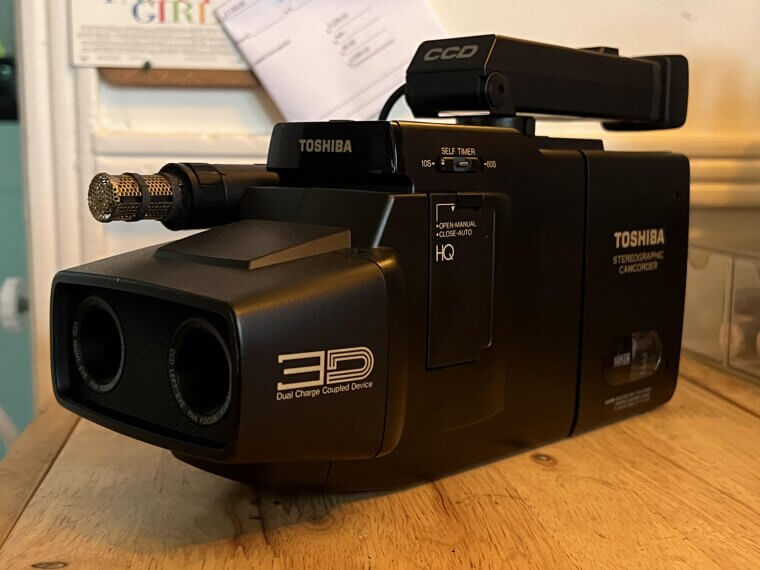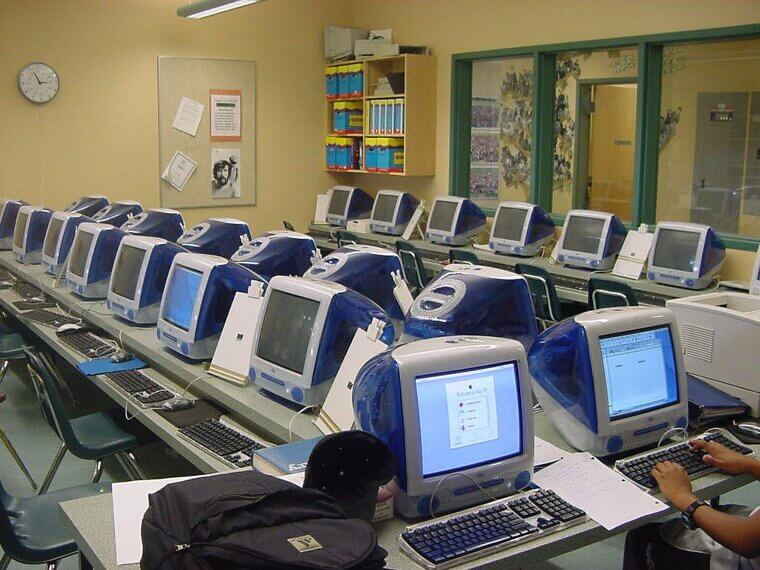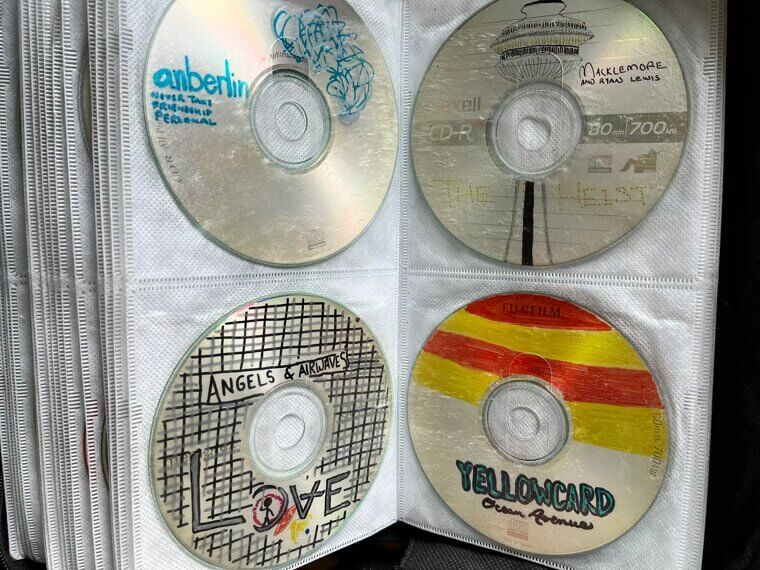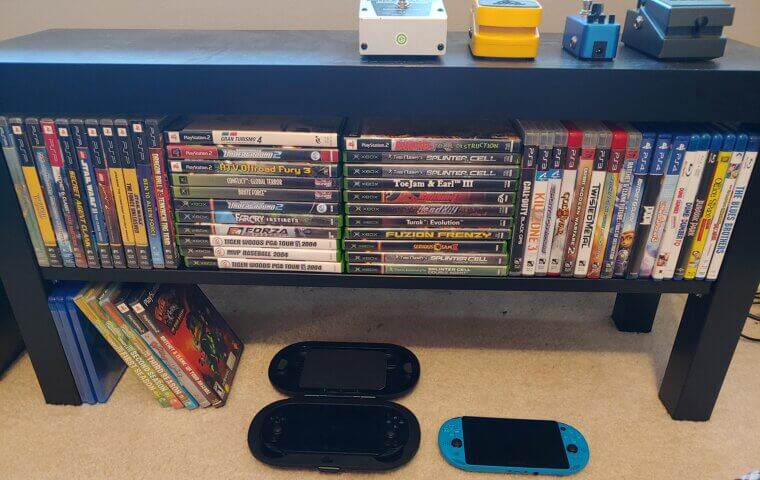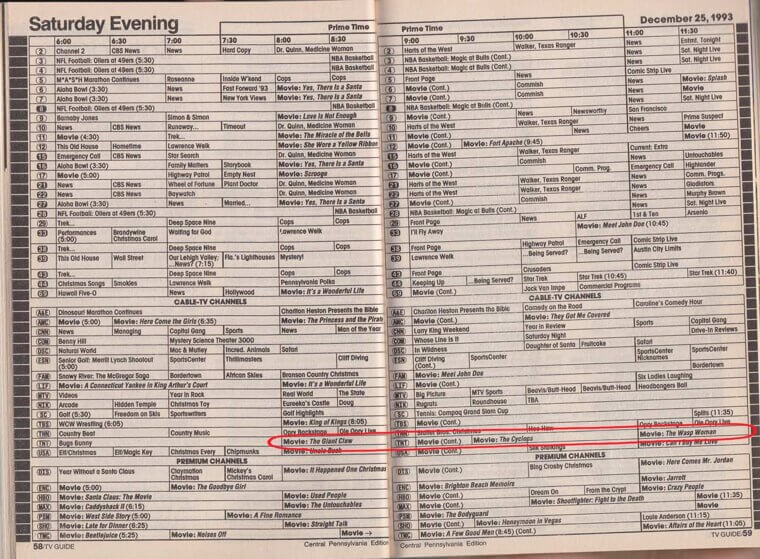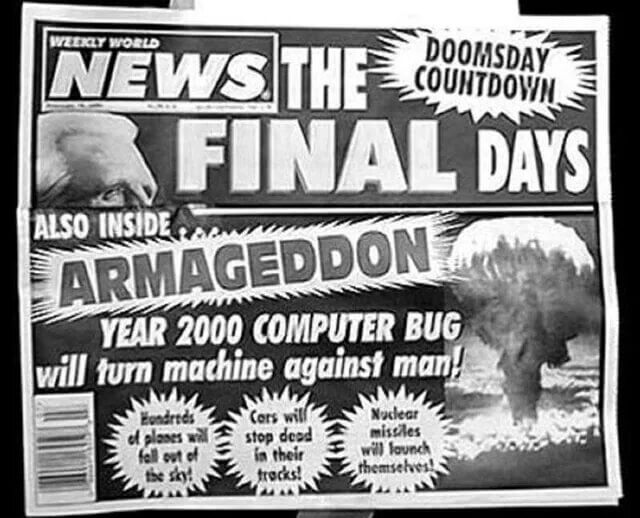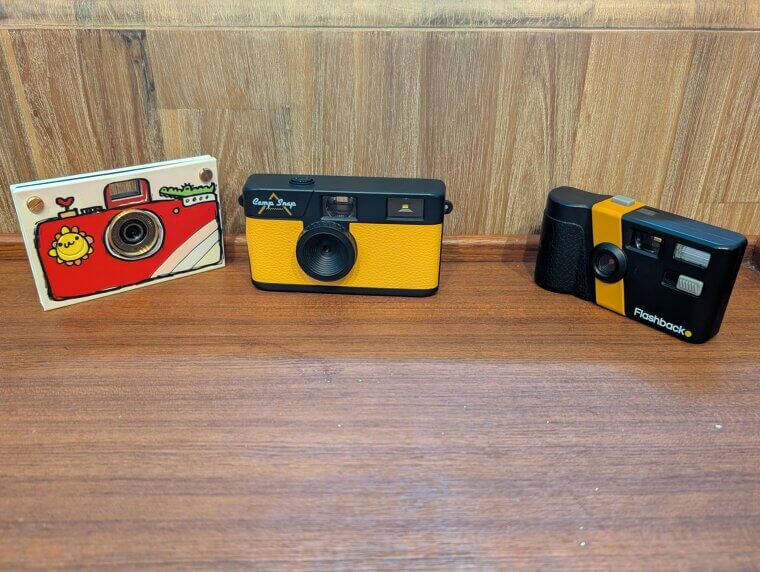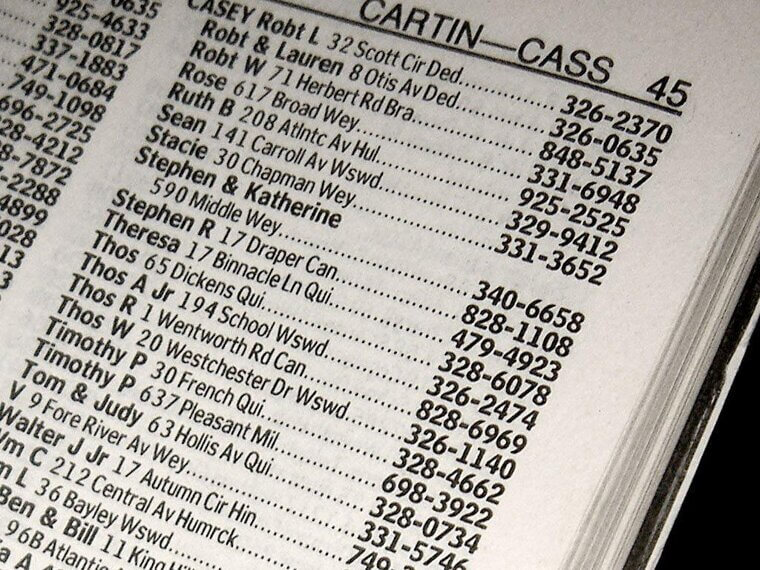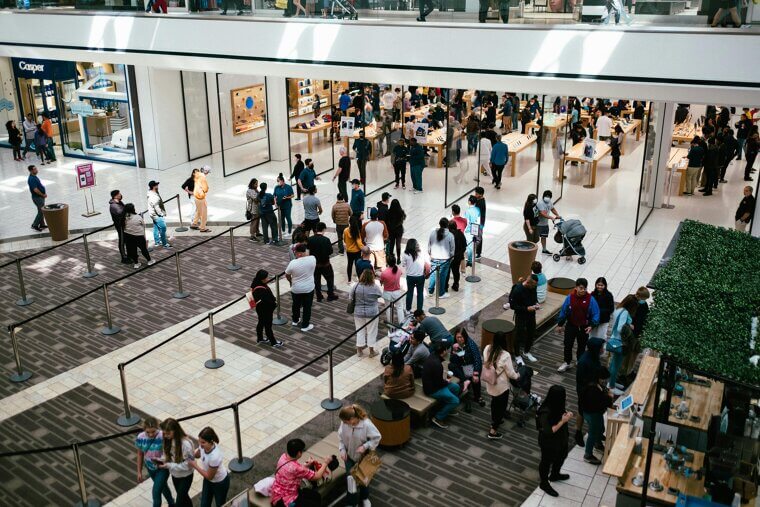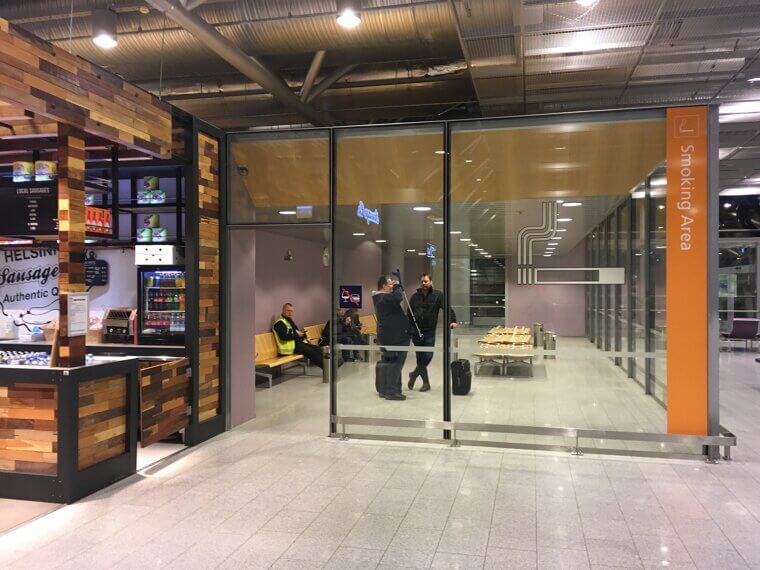Telephone Etiquette Lessons
Kids today just pick up the phone and grunt. In the 90s, you were taught to answer with "Hello, Smith residence," and engage in a polite screening process before handing the receiver over to the intended recipient.
Payphones Everywhere
So ubiquitous they weren't even an afterthought. Seriously, they were everywhere. If you needed to call someone, you looked up, and there was one. Now, you would sooner find a unicorn sipping a latte than a working, non-vandalized payphone in a city center.
No Car Seats or Seatbelts for Kids
Parents treated the backseat of the Ford Taurus like a bouncy castle, and so did the kids. The rules were simple: no seatbelts required, stand up if you need a better view, and brace yourself for any sudden breaks.
If you thought the physical dangers were bad, wait until we cover the digital hurdles...
If you thought the physical dangers were bad, wait until we cover the digital hurdles...
Dial-Up Internet
The internet never sounded so bad (yet nostalgic). To access the nascent internet, you had to endure a five-minute symphony of whirs, screeches, and digital static that sounded like a fax machine arguing with a Transformer. Oh, and no calls while you were surfing the web!
AOL Chatrooms
The Wild West of online communication, filled with users whose usernames looked something like "TigerLover69" and whose intentions were perpetually suspect. This was pre-moderation, pre-safety, and pre-any-common-sense digital rulebook. We used emojis (:p) and handed our life stories to total strangers. Good times.
Video Rental Stores
The pinnacle of weekend entertainment: walking through towering aisles of physical media, desperately hoping someone didn't rent the one copy of Pulp Fiction. Still beats the modern alternative of aimlessly scrolling on Netflix and eventually going to sleep, though.
Remember when you actually had to look for a phone to talk to someone?
Remember when you actually had to look for a phone to talk to someone?
One Household Landline
The single phone, usually attached to the wall with a ridiculously long and tangled cord, was the communication bottleneck of the house. Privacy was a myth, and if you had to talk, you did it in front of the entire family.
Kids Roaming Unsupervised
The ultimate parenting philosophy of the 90s. Kids vanished at 9 AM and reappeared near dusk, having navigated traffic, strangers, and the sheer boredom of a world without smartphones. It's a miracle we didn't require a city-wide Amber Alert every single Saturday.
Beepers and Pagers
These primitive devices allowed others to send you a cryptic code, such as "911" or "143" (I Love You), without actually giving any information. The true purpose was to let everyone know you were important… or at least, that someone knew your number.
The weight of physical media and software installation trauma was crushing...
The weight of physical media and software installation trauma was crushing...
Mixtapes on Cassette
The ultimate pre-streaming labor of love. You had to curate a meticulously crafted soundtrack for your crush and record songs directly from the radio. It took hours of patience, but the result was worth it. Today, that’s just a Spotify playlist you share with a link. Boring.
Passwords on Sticky Notes
Cybersecurity in the 90s was naively optimistic. We used one password for everything, and then, for good measure, we wrote that password down on a brightly colored piece of paper and stuck it on the monitor. Genius.
Floppy Disks
These flimsy, square slices of plastic held a truly staggering 1.44 MB of data, which felt like an infinite amount until you realized a single PowerPoint presentation maxed it out. They constantly failed, bent, and came in weird colors that were hard to look at.
The Internet was much more expensive than it is today…
The Internet was much more expensive than it is today…
Paying for Internet by the Hour
Before we had flat-rate plans, you paid for the actual time you spent online. This meant every minute spent in an AOL chatroom was actively burning a hole in your parents' wallet. The entire experience felt like there was a high-stakes digital meter running on your social life.
Paper Road Maps
We navigated using giant, cumbersome maps folded in ways that defied human logic. You had to pull over and spread a sheet of paper the size of a tablecloth across the hood, hoping you could translate lines into an actual road. Getting lost was the best part.
Installing Software From CDs
The ritual was solemn: feed the disc into the computer, watch the progress bar crawl, and then wait for the inevitable pop-up asking for "Disc 3 of 7." You had to babysit the entire process, ensuring all the physical media was present. Any modern user would have an aneurysm.
Leaving keys under the doormat was a real thing…
Leaving keys under the doormat was a real thing…
Keys Under the Doormat
Leaving the house key under a novelty rock or, worse, the actual doormat, was the standard security protocol. Burglars must have appreciated the simplicity of the system. We relied on the quaint assumption that criminals were too polite to check the most obvious hiding spot.
Faxed Job Applications
Sending a document over the phone line using a machine that printed on flimsy, curly thermal paper was a perfectly acceptable way to apply for a job. Compared to today’s job application process, it was slow, wasteful, and required actual paper handling.
How about some music and media consumption that aged us all?
How about some music and media consumption that aged us all?
Walkmans
The original mobile music player! It held a single cassette tape and required four AA batteries that died after about five hours. If you wanted to change the music, you had to stop what you were doing, physically eject the tape, and manually swap it.
Car Cassette Players
Every car had one, and every tape eventually got hopelessly tangled around the inner workings of the machine. You either had to sacrifice the tape to the dashboard gods or perform invasive surgery with a pencil.
VHS Camcorders
These massive, shoulder-mounted behemoths recorded fuzzy, low-quality videos onto actual magnetic tape. They weighed as much as a small child and had to be lugged around to every event. And of course, you had to rewind the tape when you were done.
Have people forgotten about those monochrome computer labs?
Have people forgotten about those monochrome computer labs?
School Computer Labs
A single room full of beige, boxy PCs, running Windows 3.1 or an ancient Mac OS, all dedicated to teaching you how to double-click and type your name. They generally felt like a repository for technology that was already outdated by three years.
Encyclopedias at Home
Before Wikipedia, if you wanted to know about the reproductive cycle of a platypus, you consulted 20-plus volumes of printed, outdated information stored on a dusty shelf. We trusted these things like gospel, even though they hadn't been updated in years.
Call-In Talk Shows
The radio equivalent of screaming into the void. People would patiently wait on hold for an hour to spend 30 seconds giving their deeply unqualified opinion on a major political issue or a celebrity scandal, hoping the host wouldn't hang up on them.
It turns out our parents were just trying to save a buck, bless their analog hearts.
It turns out our parents were just trying to save a buck, bless their analog hearts.
Burned CDs and Napster
Napster gave us the illegal gift of free music, and the Burned CD was how we shared it. These discs, crudely labeled with Sharpie, contained a mixtape of highly compressed, illegally downloaded songs. Intellectual property? Never heard of it.
Renting Video Games
You didn't own all the games; you temporarily borrowed a cartridge from the store for the weekend, meaning you had 48 hours to beat Zelda before it had to be returned. This pressure cooker environment created a generation of highly efficient, deadline-driven gamers.
TV Guide Listings
We bought a thin, printed magazine to figure out what was on television that night. Imagine asking a teenager today to consult a paper product to know what is scheduled to happen later. They would probably look at you weirdly and then go back to scrolling.
Some things in the 90s were truly baffling...
Some things in the 90s were truly baffling...
Y2K Panic
The single greatest non-event of the decade, perhaps. People spent billions preparing for a theoretical digital catastrophe in which the world’s computers would stop working because they couldn't handle the year '00. The paranoia was dramatic, unnecessary, and largely fueled by misplaced anxiety.
Telemarketing Calls
Your home phone was a constantly ringing portal for people trying to sell you dubious timeshares or change your long-distance provider. We all answered, though, because it could have been someone we knew.
Disposable Cameras
A cheap, single-use plastic box that took 27 poorly lit photos and then made you wait a full week for the development process. Inevitably, half of them were terrible, but it was exactly this high-risk, high-reward approach to photography that made every picture a true surprise.
Printed Phone Books
These gigantic, heavy tomes of small print contained the names and numbers of virtually every person and business in town. They were delivered annually and used at least once as a booster seat. Feels like the world's least efficient, most environmentally destructive data storage method today.
It is mind-boggling how we were able to locate our friends without cellphones…
It is mind-boggling how we were able to locate our friends without cellphones…
Meeting at the Mall
The mall was the social nexus, the dating scene, and the teen hangout all in one. There was no "text me when you're here." You simply showed up at the food court at the agreed-upon time and waited until your friends materialized.
Office Smoking Lounges
Yes, entire, sealed-off rooms in a corporate building dedicated to the act of inhaling toxic fumes. It was the perfect place to conduct the most important business meetings, ensuring everyone was fully relaxed, slightly buzzed, and smelling faintly of stale ash.
Channel Surfing
With only about 50 channels (and half of those were static), we used the remote to rapidly skip through everything, hoping to catch three seconds of something good before moving on. It was an active, manual pursuit of entertainment that today's children, with their Netflix algorithms, will never understand.

